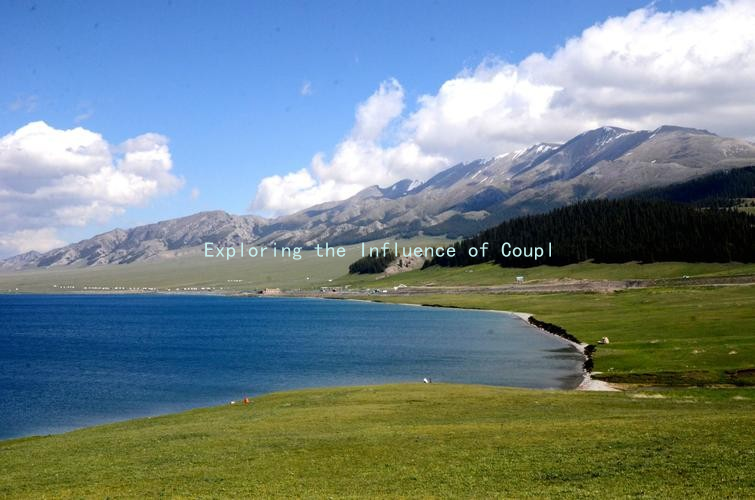Cultivating a Healthy Sexual Relationship: Lessons from Different Cultures
Cultivating a Healthy Sexual Relationship: Lessons from Different Cultures
In a world that is increasingly interconnected, understanding how different cultures approach romantic relationships can enhance our own experiences. A healthy sexual relationship is not solely about physical intimacy; it encompasses emotional connection, communication, and mutual respect. By examining various cultural attitudes towards love and sex, we can glean valuable lessons that contribute to stronger, more fulfilling partnerships.
Firstly, many cultures emphasize the importance of communication in sexual relationships. In Scandinavian countries, for instance, open dialogue about sexuality is often normalized from a young age. This openness allows partners to express their desires, boundaries, and concerns without fear of judgment. Incorporating clear communication into our relationships can reduce misunderstandings and foster a deeper intimacy, helping couples navigate their sexual lives more effectively.
Moreover, the concept of consent is treated with varying degrees of seriousness around the world. In Japan, for example, the idea of “wa,” or harmony, is crucial in interpersonal relationships. Partners often prioritize each other’s comfort and feelings, leading to a deeper understanding of consent as a mutual process rather than a mere agreement. This cultural approach teaches us that consent should evolve continuously in a relationship, acknowledging both partners needs and ensuring that both feel safe and valued.
In terms of emotional connection, many Latin American cultures place great emphasis on romance and passion. This contrasts with the more pragmatic approaches observed in some Western societies. In cultures where affection is openly expressed, the integration of romance into daily life—such as holding hands, spontaneous date nights, or verbal affirmations—can strengthen the emotional bond between partners. Such gestures allow the sexual relationship to be infused with love and appreciation, enhancing overall intimacy.

Additionally, the role of family and community can significantly influence sexual relationships. In various African cultures, family involvement in relationships is considerable, often traversing beyond just the couple to include extended family dynamics. This involvement can lead to a stronger support system, which nurtures couples and prepares them for the challenges of a sexual relationship. Couples can learn from this model by seeking support from trusted friends or family, creating a network that fosters open discussions about intimacy and provides advice when needed.
Furthermore, different cultural attitudes towards sexuality can directly impact how couples view sexual health. In some cultures, such as in the Netherlands, sexual education is integrated into the school system in a comprehensive manner, covering topics like consent, sexual health, and emotional relationships. This education empowers individuals to make informed choices about their sexual lives. Couples could benefit from investing time in understanding sexual health together, promoting responsibility and reducing stigma while enhancing their sexual relationship.
Lastly, the acceptance of different sexual orientations is increasingly becoming a hallmark of modern relationships in various cultures. In many progressive societies, the recognition of LGBTQ+ relationships has led to a broader understanding of love and sexual expression. This acceptance fosters an environment where all partners can explore their identities and desires freely, enhancing connection and overall relationship satisfaction.
In conclusion, cultivating a healthy sexual relationship benefits from insights drawn from diverse cultural practices. Emphasizing communication, redefining consent, celebrating romance, valuing community support, prioritizing sexual health, and embracing diversity can collectively enhance intimacy between partners. As we navigate our own relationships, we can reflect on these lessons from different cultures to ensure that our partnerships are not only healthy and fulfilling but also rich in understanding and appreciation for one another.





